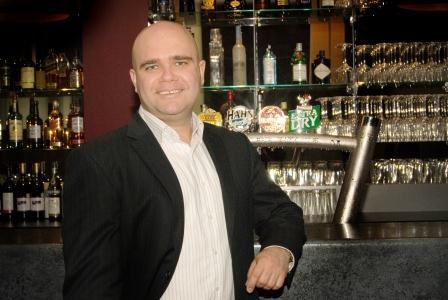Western Australian venues are set to benefit from proposed changes to the state’s Liquor Laws that will include extending trading hours and reducing red tape burdens on businesses.
CEO of AHA (WA), Bradley Woods, has labelled the proposed amendments as positive.
“Provisions have been made to give patrons what they want and deserve. This includes Sunday trading until midnight every week, deregulating the movement of alcohol within licensed premises and a reduction in red tape," he said.
Woods predicts that these changes will also help WA grow as a tourist destination, an increasingly important part of their economy as the mining boom begins to dry up.
“Investment in the industry is unprecedented, providing new, innovative and unique hospitality experiences and accommodation that is further advancing Western Australia as an iconic tourist destination."
However, while the changes to the state’s liquor laws are expected to relieve some of the pressure on licensees it won’t help the outgoing costs that are, according to CBRE Associate Director (WA), Ryan McGinnity, making the price of running a venue in WA unsustainable.
“Many people will acknowledge that the price of food and beverage in WA pubs and taverns is high. Unfortunately this will not change as the rising costs of electricity, gas, water, rates, taxes and staff wages continue to grow," McGinnity told PubSales.
WA also experiences limited turnover of good assets and few leasehold, freehold and going concern sales, a hangover from the Compass purchases of 12 hotels a few years ago.
Despite all of this, recent market sentiment in the state has been positive, especially towards income producing assets such as pubs and taverns in metropolitan areas, according to McGinnity.
Small bars in the city, in the past deserted after 6pm, have seen significant growth thanks to a number of new residential apartments seeing the CBD become a focal trading point. This has also had a flow on effect on suburban pubs and taverns by returning customers to these venues.
While these liquor laws are yet to come into place, confidence in the WA market is ever increasing.
McGinnity’s predicts that while “it is difficult to put a blanket across WA…it is reasonable to assume that going concern freehold assets will remain in high demand as the WA population continues to grow and the demand for raw material continues."

